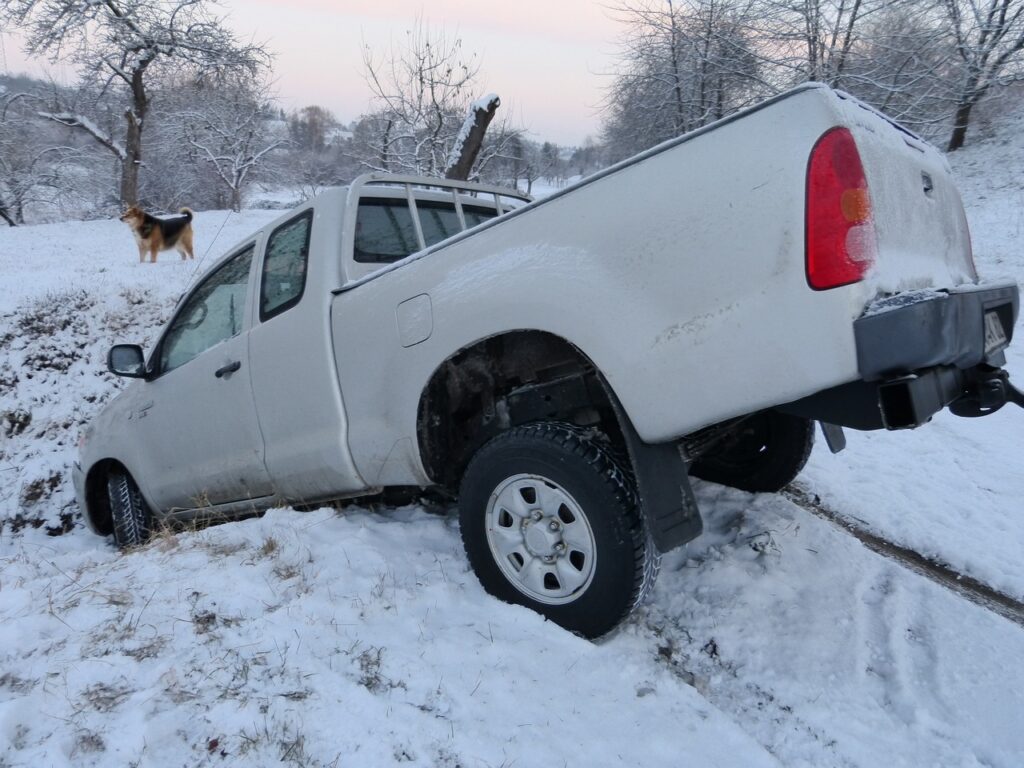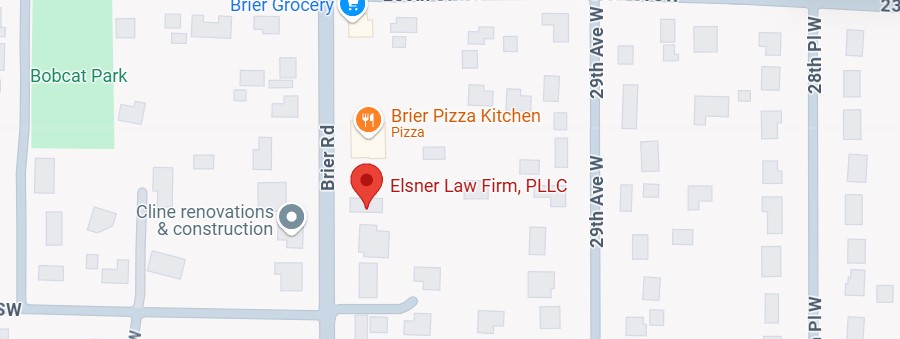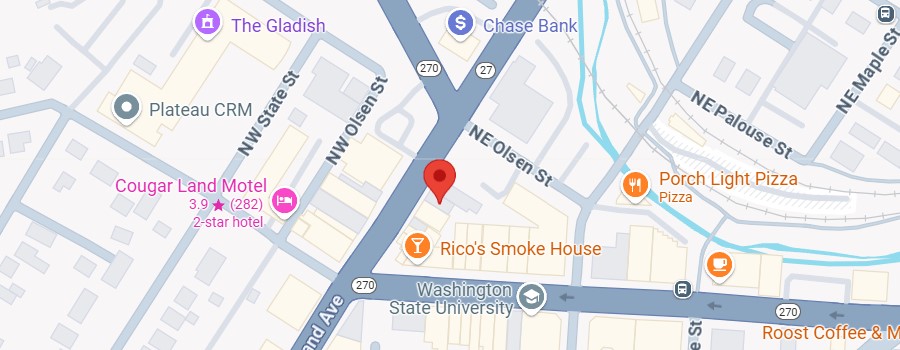Is Washington a No-Fault Car Insurance State? Find Out
In a no-fault car insurance state, victims of an accident file claims for medical expenses and other damages with their own auto insurance. Often, accident victims in these states cannot seek non-economic damages such as pain and suffering from the other parties involved in the crash unless their injuries meet a threshold defined by state law. No-fault insurance was meant to streamline the claims process and keep most cases from requiring lengthy court battles.
However, Washington is not a no-fault insurance state. Instead, they operate under an at-fault, or tort, system for their insurance claims. Because it is an at-fault state, those involved in an accident in Washington have more legal options for recovering damages from the individuals responsible for the crash.
What is an At-Fault State?
In an at-fault state, anyone hurt in a motor vehicle accident can seek damages from any parties who are found liable for the crash. Depending on the circumstances of the accident, the at-fault party could be another driver, a trucking company, a manufacturer of a faulty vehicle component, a local government, or a combination of individuals. Because determining fault is so crucial to recovering compensation, it can be critical to have a skilled lawyer on your side who is willing to devote the time and resources to investigate your case thoroughly to identify the responsible parties. A lawyer can also protect you from having an unreasonable burden of fault placed on you by the insurance company.
How Do Washington’s Comparative Negligence Rules Impact Your Car Accident Claim?
In addition to being an at-fault state, Washington is a pure comparative negligence state. Under pure comparative negligence, if you are injured in an accident, you are eligible to sue for losses as long as you are not 100% at fault for the accident. However, the amount of your award is proportionately reduced according to the percentage of fault assigned to you. For instance, if you suffered $50,000 in damages but were found to be 50% at fault for the accident because you were speeding, your settlement would be reduced by 50%, or $25,000.
What if the At-Fault Driver Doesn’t Have Insurance?
Every driver in Washington is legally required to carry auto insurance with a limit of $25,000 for bodily injury per person and $10,000 for property damage, but not everyone follows the law. Carrying PIP and underinsured motorist insurance can be useful if you are involved in an accident with a driver who is not carrying any auto insurance or if they are carrying only the minimum insurance and your expenses exceed their coverage. With PIP insurance, you can file a claim with your own insurance for damages such as medical bills and lost wages.
If you have further questions about Washington’s car insurance rules and how they could impact your claim, contact us today for a free consultation: 206-447-1425.






